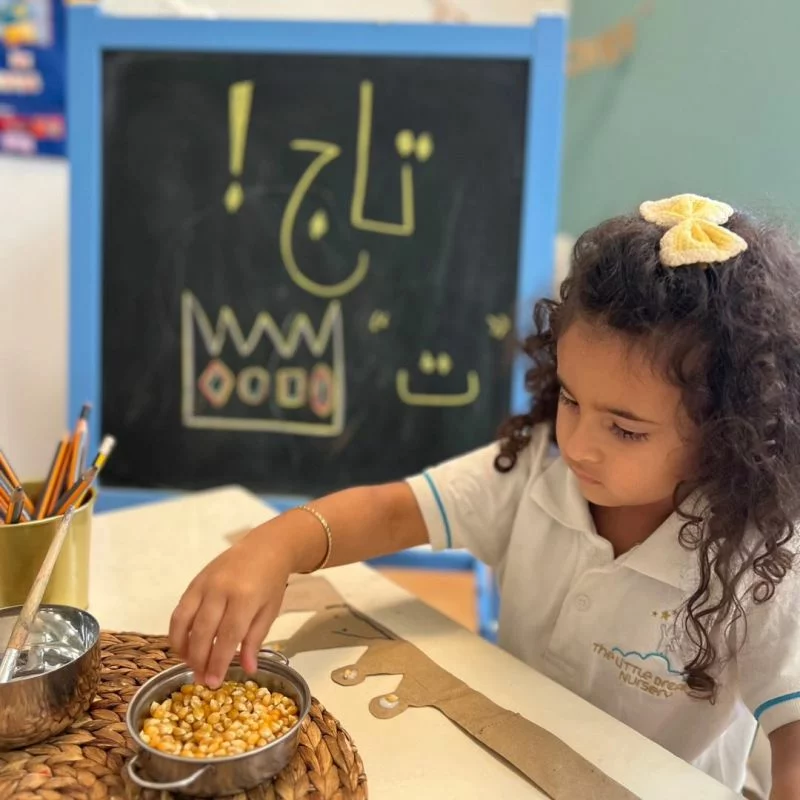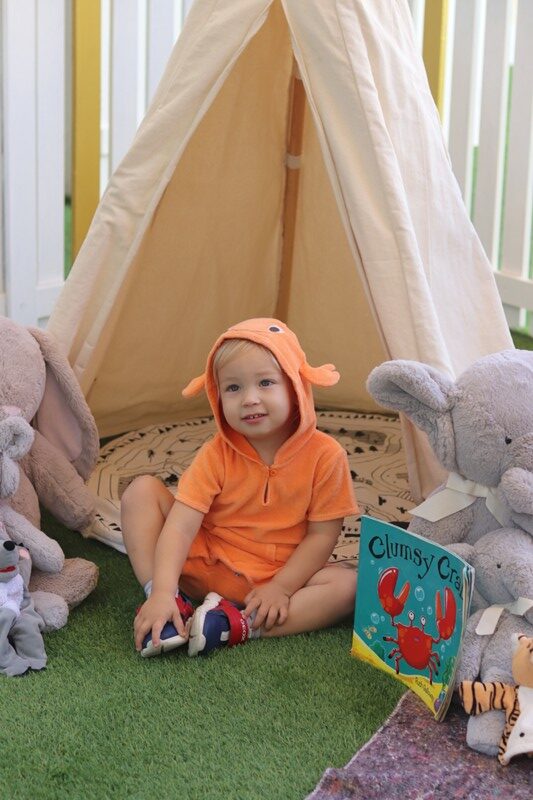Your child earns straight A’s, keeps their room tidy, and always wants to “get it right.” On the surface, it might look like they’re thriving. But underneath, they might be silently struggling with the pressure of perfectionism.
Perfectionism in children can go unnoticed — even praised — until it leads to anxiety, burnout, or low self-worth. If you’ve ever seen your child melt down over a minor mistake or obsess over getting things “just right,” this guide is for you.
Let’s explore how to spot perfectionist tendencies early, where they stem from, and how you can help your child build a healthier sense of achievement.
Common Signs of a Perfectionist Child
Every child is unique, but perfectionists often show patterns like:
- Fear of failure or mistakes (“If I don’t win, I’m a failure.”)
- Extreme self-criticism over small errors
- Procrastination (because the end result “must be perfect”)
- Meltdowns when things don’t go as planned
- Reluctance to try new things they may not be good at right away
- Constant comparison to others
- Strong need for external validation
Perfectionist children may be high achievers, but their motivation often stems from fear, not joy. They may tie their self-worth to their performance, leading to emotional pressure and stress.
Want to explore the signs of anxiety in more detail? This guide on child anxiety is a helpful starting point.

What Causes Perfectionism in Children?
Perfectionism is often a mix of temperament, environment, and experiences. Some common root causes include:
🌱 1. Inborn Sensitivity
Some children are naturally more sensitive and conscientious. They may be driven to please or “get things right” from a young age.
🎯 2. High Expectations at Home or School
Well-meaning praise (“You’re so smart!”) or a culture of achievement can make children feel like only perfection is acceptable.
📱 3. Social Media and Peer Comparison
Even young children are exposed to curated perfection online — influencing how they define success and beauty.
💬 4. Fear of Disappointing Others
Many perfectionist children are deeply empathetic. The idea of letting others down can feel unbearable.
How Parents Can Support a Perfectionist Child
The goal isn’t to eliminate your child’s drive or high standards — it’s to help them build resilience, emotional safety, and self-worth beyond achievement.
✅ Shift from Outcome to Effort
Say: “I noticed how hard you worked on this.”
Instead of: “You’re the best at this!”
✅ Normalize Mistakes as Part of Growth
Share your own past flops. Laugh about them. Teach your child that failure isn’t final — it’s a teacher.
✅ Avoid Over-Praising Talent
Praise curiosity, persistence, kindness, and risk-taking — not just results.
✅ Teach Self-Compassion Phrases
Help your child replace harsh inner talk with supportive ones, like:
- “I did my best, and that’s enough.”
- “Mistakes help me grow.”
- “I’m proud of how I tried.”
✅ Create a Safe Space for Imperfection
Let home be the place where it’s okay to be messy, emotional, unfinished, or confused.
A 3-Step Action Plan for Parents
- Identify One Pressure Point
What area is most triggering for your child? (School, sports, friends?) Start there. - Model Imperfection
Let your child witness you failing gracefully — burning dinner, getting lost, forgetting something — and laughing or learning from it. - Use a Daily Affirmation Practice
Start with 3–5 minutes a day using self-esteem affirmations like:
- “I am enough just as I am.”
- “Trying is more important than winning.”
- “I’m allowed to rest, not just achieve.”
You can write them on sticky notes, repeat them aloud together, or make them into a bedtime ritual.

Final Thoughts: Your Child Deserves to Be Enough
Perfectionism isn’t about being the best — it’s about feeling like you’re not allowed to be anything less.
By helping your child feel seen, safe, and valued regardless of achievement, you build the kind of confidence that lasts longer than trophies or grades.
Because what your child really needs to hear is:
✨ You are enough, even when you don’t get it right.
💬 Want to Take the First Step?
Try this: Choose one affirmation to repeat with your child each day this week. Small, consistent messages shape powerful beliefs.








